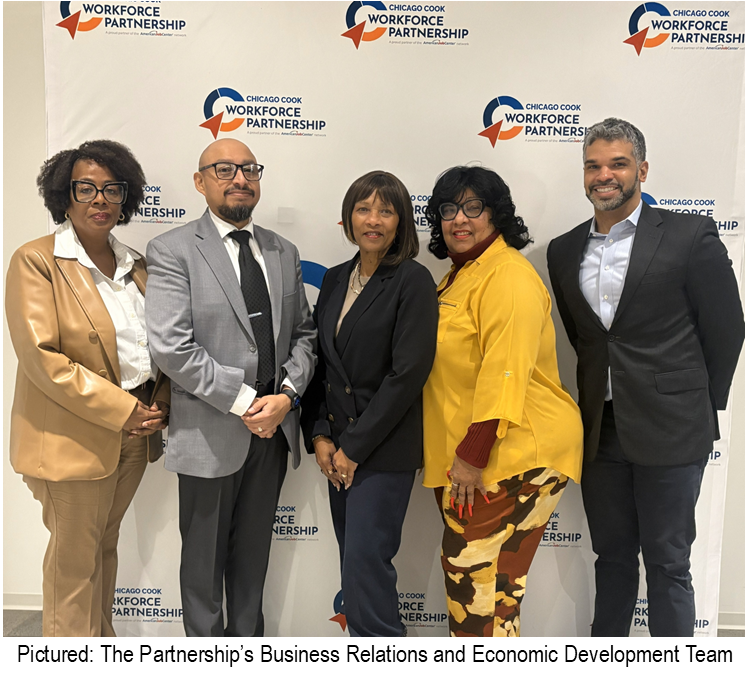Community organizations and wrap-around services are the backbone of workforce success for justice-involved individuals in Detroit, Michigan. For people returning from incarceration, employment is not simply a paycheck, it is central to rebuilding identity, restoring stability, and restoring hope. Yet the pathway to meaningful work is littered with barriers: unstable housing, untreated trauma, lack of reliable transportation, childcare obligations, limited job-readiness skills, and the stigma that closes doors before applicants have a chance to prove themselves.
Several Detroit-based organizations provide precisely the integrated supports that justice-involved individuals need to overcome these challenges. By offering case management, vocational training, credentialing, and employer connections alongside housing assistance, mental health and substance-use treatment, legal aid for expungement, and transportation supports, these organizations remove practical roadblocks and build sustainable pipelines to employment. The wrap-around model recognizes that a single intervention rarely suffices, job training without stable housing or mental-health care is often wasted effort. Holistic support helps participants show up for interviews, complete training, keep shifts, and advance into higher-paying roles.
Advocacy-focused providers in Detroit have demonstrated that when wrap-around services are intentionally matched to client needs, outcomes improve dramatically. Participants complete training programs at higher rates, secure steady employment more quickly, and experience lower recidivism. Employers benefit, too, they gain skilled, motivated workers while partnering with organizations that reduce hiring risk and provide ongoing support. This collaborative ecosystem strengthens neighborhoods, reduces public safety costs, and restores human dignity.
The stakes are high. Without access to comprehensive services, justice-involved Detroiters face a cycle of failure: short-term hires that do not last, housing instability that triggers crises, and untreated behavioral health needs that undermine workplace success. Stigma and legal barriers further limit opportunity; many employers remain reluctant to hire people with records, and without legal supports like expungement assistance, barriers persist long after individuals have demonstrated rehabilitation. The result is wasted talent and continued marginalization of whole communities.
Visionz’s role in this landscape is more than service delivery — it is advocacy, relationship-building, and systems change. By collaborating with the Michigan Department of Corrections, local employers, and community partners, Visionz helps shift how systems view reentry and workforce development. Programs that offer leadership development, mentorship, and individualized career pathways equip participants not only with job skills, but also with the confidence and networks necessary for long-term success. These organizations amplify participant voices, push for policy reforms, and create employer incentives that open doors previously locked.
We must support and expand these wrap-around networks. Policymakers should invest in proven community-based providers, fund employer incentives, and remove structural barriers that prevent reentry success. Employers should partner with organizations like Visionz, recognizing the value and resilience of justice-involved hires. Community members can advocate for humane reentry policies and celebrate local workforce successes.
Justice-involved individuals deserve more than temporary solutions. With the integrated support of Visionz and peer organizations, returning citizens can become stable employees, engaged neighbors, and leaders in their communities. Our economic and moral future depends on investing in people and the wrap-around services that make lasting workforce success possible.






